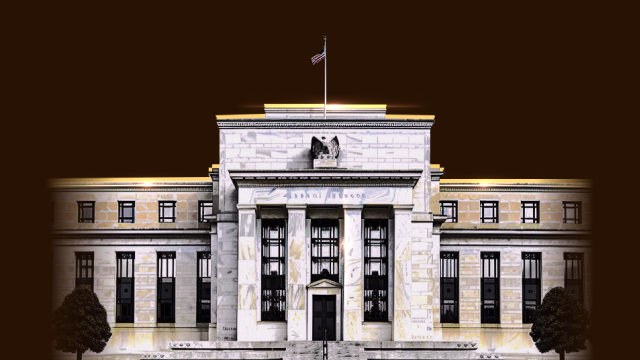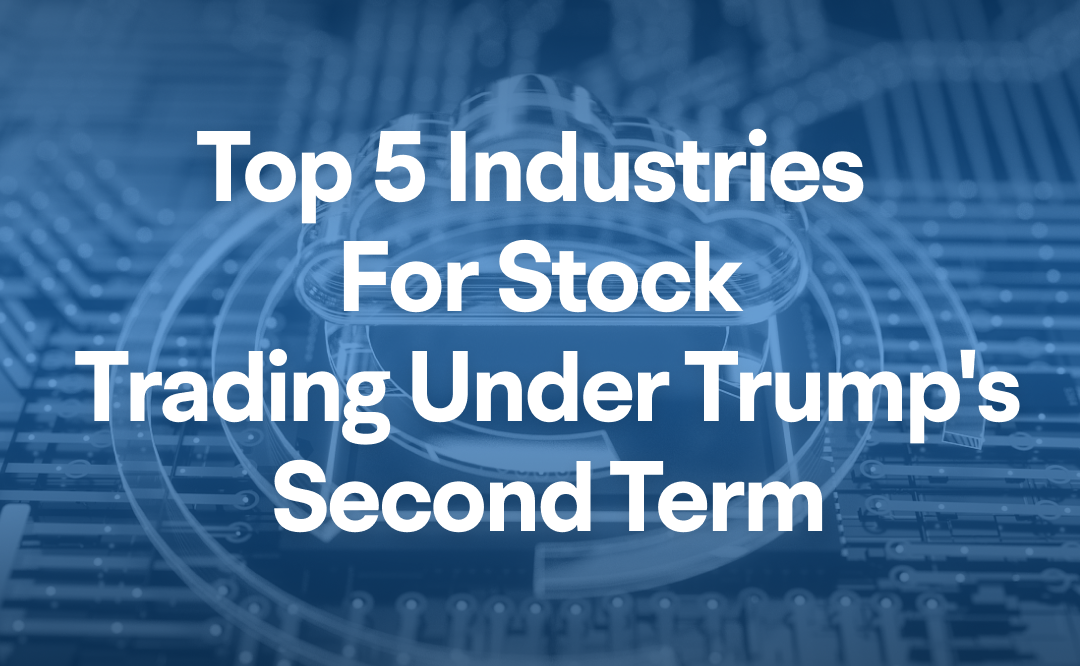NUGT250509P90000
- 0.00
- 0.000.00%
Direxion Daily Gold Miners Index Bull 2X Shares Newsroom
Federal Reserve officials "collectively signal": be cautious of tariff inflation risks and do not rush to cut interest rates.
Among the multiple Federal Reserve officials who spoke on Friday, no one was eager to lower the benchmark interest rate.
Popular candidates for the Federal Reserve chair: If tariffs trigger uncontrollable inflation, the Fed will face a crisis of confidence.
Popular candidate for Federal Reserve Chair, Waller, has expressed his opinion.
The third-ranking official of the Federal Reserve emphasized the importance of stabilizing inflation, and Governor Waller warned that dismissing Federal Reserve officials is detrimental to the economy.
The President of the New York Federal Reserve, Williams, stated that stabilizing inflation expectations near the targets set by policymakers is the "cornerstone" of Federal Reserve policy. Media analysis suggests that Williams' remarks indicate a particular focus on the inflation aspect of the Federal Reserve's responsibilities, which is consistent with recent comments by Federal Reserve Chairman Powell. The "New Federal Reserve News Agency" quoted Williams as saying, "Focus on consumer behavior, not just their words."
"Shadow Fed Chairman" Waller criticized the Federal Reserve for "shifting blame" regarding tariffs: this indicates that the credibility of controlling inflation has been damaged.
The next Federal Reserve chair, a popular candidate viewed as the "shadow chairman" of the Fed, Waller, recently stated that if the central bank fails to prevent price increases caused by tariffs from evolving into persistent inflation, it would indicate a damage to the central bank's credibility and insufficient ability to control inflation. He emphasized that public confidence in the central bank's maintenance of price stability is itself a prerequisite for stabilizing prices.
There Are Early Signs Consumers Are Starting to Pull Back on Spending, Fed's Williams Says
Dollar Needs More Positive Trade News to Rise Further -- Market Talk
Federal Reserve's Barr warns: tariffs raise inflation and slow down the economy, the Federal Reserve may find itself in a dilemma.
1. Federal Reserve Board member Michael Barr warned that the trade policies of the Trump administration could raise inflation, slow economic growth, and increase unemployment, posing challenges for policymakers; 2. Barr believes that tariffs may disrupt global supply chains, creating sustained upward pressure on inflation and potentially exacerbating supply chain chaos.
US Dollar Falls Early Friday Before Heavy Fed Speaker Schedule
Fed's Kugler Sees Labor Market Likely Near Central Bank's Employment Goal -- Market Talk
Morgan Stanley Expects Tariff-fueled Inflation to Pick up in May, Peak This Summer
Dollar Set for Weekly Gains on Trade Optimism; Euro Near One-month Low
U.S. Dollar Should Strengthen in Short Term, Long-Term Outlook Is Negative -- Market Talk
The financial crisis prophet: the USA may enter recession as early as the end of this year, and the decline of the dollar has not come to an end.
Despite the growing optimism surrounding the trade agreement, which may calm investors somewhat, a senior strategist believes that the market should prepare for further pain.
The more pressure Trump puts on Powell, the harder it becomes to lower interest rates; currently, a Fed rate cut equals a market rate hike?
Bank of America warns that if the Federal Reserve lowers interest rates preemptively, it would effectively be a pre-emptive judgment, indicating that the combined impact of tariffs and anticipated fiscal easing poses greater downward risks to economic growth than upward risks to inflation. In the context of persistent inflation pressures and uncertain prospects for a new round of tariffs and fiscal expansion, lowering interest rates prematurely may not only be ineffective but could also cause substantial harm to the real economy and deplete the Federal Reserve's valuable policy ammunition.
Gold Price In Malaysia Rises 1.17% Despite Global Pullback, Still Seen Bullish
ING: The Federal Reserve's wait-and-see stance may continue until September, at which point a rate cut of up to 50 basis points is expected.
ING believes that the Federal Reserve is unlikely to take action until it has full confidence in the data trends, which means that interest rate cuts may be delayed; however, once the Federal Reserve begins to lower rates, the cuts might be more substantial.
Invesco: Uncertainty in USA government policies causes the Federal Reserve to remain cautious, and interest rate cuts may be delayed until the end of the year.
The uncertainty of the USA government's XINJINGJI policy may cause many market participants, including the Federal Reserve, to remain cautious, and interest rate cuts may only occur when hard data weakens by the end of this year.
The "dollar hegemony" shows cracks in Asia: "de-dollarization" is accelerating and the renminbi is being embraced!
① With last month's unpredictable tariff policies by Trump triggering a wave of asset sell-offs in the USA, a fresh wave of "de-dollarization" is taking root in Asia... ② Multiple signs indicate that the demand for currency derivatives that bypass the dollar is rising among banks and brokers in the Asia region, as trade tensions have added urgency to the shift towards de-dollarization that has been happening for many years.
Trump angrily criticized Powell as "stupid and incompetent!" The US-UK trade agreement suppresses expectations for interest rate cuts.
Early Thursday morning (May 8), local time, Trump stirred controversy again on his Truth Social platform, harshly criticizing Federal Reserve Chairman Powell with terms like "fool" and "total loser." This ongoing public accusation has evolved into a rare direct confrontation between a president and the head of the central bank in American financial history. Trump plainly stated, "Lowering interest rates will propel the economy like jet fuel, but he (Powell) just refuses to do it." Even more intriguing, he pointed out their personal grievances directly: "Powell doesn't like me." The fundamental disagreement in policy positions.
Did Trump grasp the "only soft persimmon"? Understanding in one article: What is the actual trade pattern between the UK and the US?
① Why did Trump prioritize reaching a trade agreement with the United Kingdom? What is the scale of trade between the United States and the United Kingdom? ② What is the difficulty of reaching this agreement, and can it serve as a "model" for the Trump administration's negotiations with other countries?



